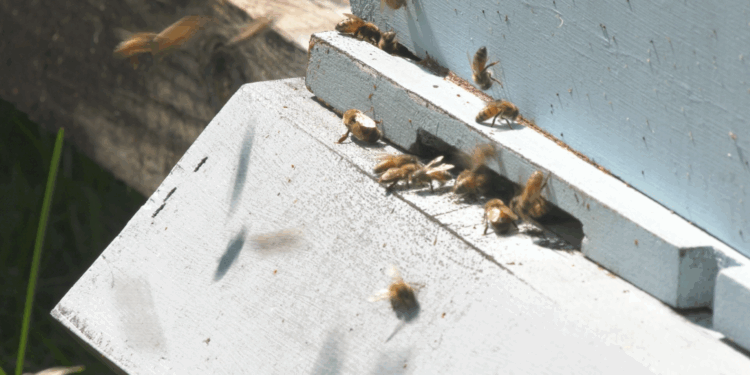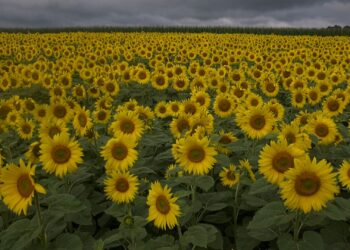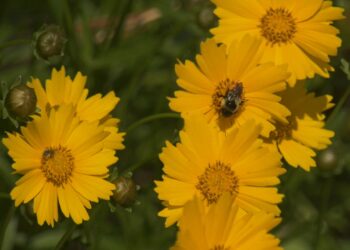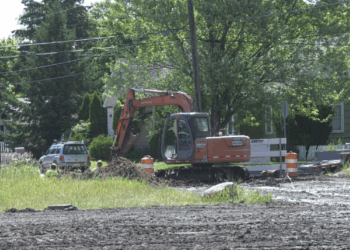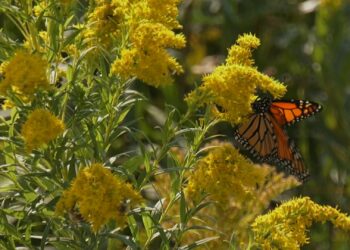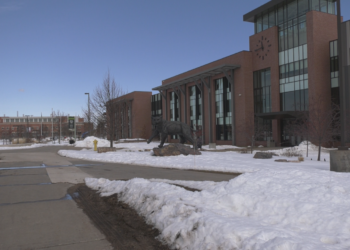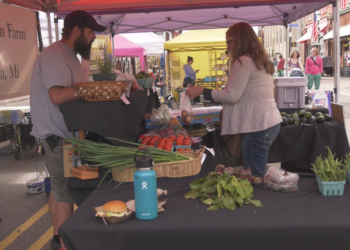SKANDIA, Mich. — September is National Honey Month, and Upper Peninsula beekeepers say the observance is about much more than sweetening tea.
The Superior Beekeeping Club, which covers the whole U.P., is using the month to raise awareness about the role honeybees play in pollination, food production and sustainable farming. The club has between 200 and 300 members across the U.P., offering classes, equipment and events for both commercial and hobby beekeepers.
“We’re around like 200-300 members at the moment though. If you have bees or a beekeeper, either commercial or just hobby, we offer like a club resource so you can come attend our lectures, you can come use our equipment like the honey extractor, and it’s just a great resource also to meet other beekeepers,” said club president Katie Aucott.
This month, the group is hosting a honey extraction event, where members bring frames of capped honey to process using club equipment. The process involves uncapping the wax and spinning the frames in an extractor to separate the honey.
“Our September meeting is going to be honey extraction event, so people are going to bring their frames of honey and then once the frames are uncapped, you put them in the extractor, which basically uses centrifugal force to pull the honey out and then there’s usually a bit of a filtering process as well, but after that you’ll have raw honey that’s perfectly good to put in a jar and start eating,” Aucott said.
Interest in beekeeping has grown significantly over the last decade, with more people interested in supporting pollinators and exploring the health benefits of local raw honey.
“Honey is important because it reflects your local environment. Different plants create different types of honey, and local raw honey can even help with things like allergies. It’s one of the great benefits of keeping bees,” Aucott said.
But beekeeping also comes with challenges. Harsh winters, pesticides and parasites like varroa mites have made hive survival unpredictable.
“There was a record number of hive deaths last winter. Most likely varroa mites hit particularly hard, though pesticides and other factors may have contributed. The only thing you can do is start again with new bees,” Aucott said.
Despite the difficulties, members say National Honey Month is an opportunity to highlight both the struggles and the rewards of keeping bees — and to remind people of the vital role pollinators play in the environment and in agriculture.

